What you need to know about Child Labor in Uganda
In recent years, Uganda has experienced a significant surge in child labor, rising from 14% in 2016/17 to 39.5% equivalent to 6.2 million children in

Every child is at risk of Child Sexual Abuse but children with special needs are more vulnerable. Girls with special needs, in particular, are often at greater risk, both within and outside the home, of violence, injury or abuse, neglect or negligent treatment, maltreatment or exploitation.
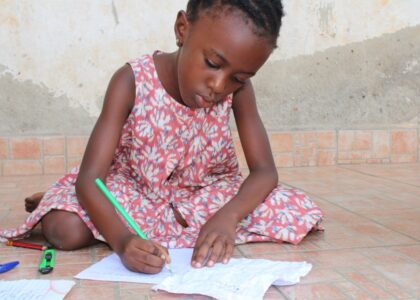
Access to quality education has long been recognized as both a fundamental human right and as essential for reducing poverty, inequality and achieving other development goals
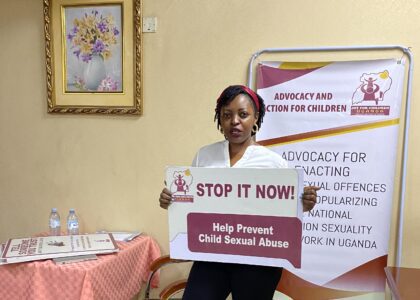
Parliamentarians are uniquely positioned to shape, advance and exercise a leadership role in establishing and implementing a robust legal and policy framework for preventing child sexual abuse and ensuring it is effectively enforced by relevant actors and institutions within their constituencies and beyond.
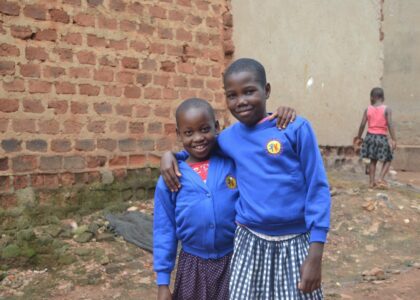
Education plays a critical role in breaking the cycle of poverty and violence. When girls are kept in school, they stand a better chance of growing into empowered women who transform their neighborhoods and nations. Education is one of the best ways to prevent child marriages and teenage pregnancy.
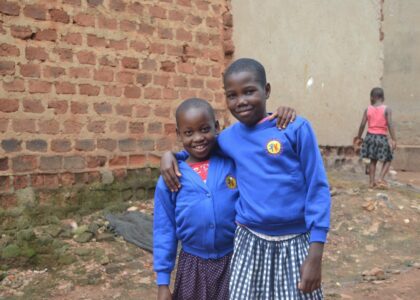
Education plays a critical role in breaking the cycle of poverty and violence. When girls are kept in school, they stand a better chance of growing into empowered women who transform their neighborhoods and nations. Education is one of the best ways to prevent child marriages and teenage pregnancy
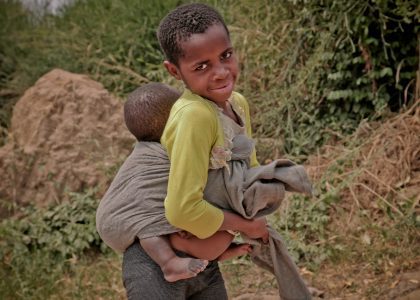
Poverty is the primary reason children are sent to work. Sadly, child labor keeps children from getting the education they need to break the cycle of poverty. According to the International Labor Organization (ILO), a U.N. agency, about 70% of child laborers globally work in agriculture. Others work long hours in factories, domestic service, or forced labor, such as child soldiers and children exploited in the commercial sex trade.
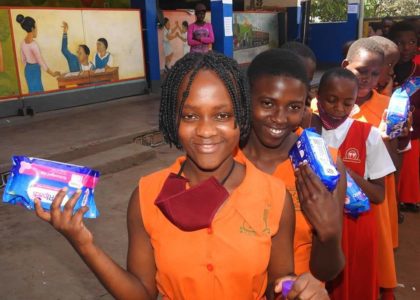
According to World Vision International (WVI), in Uganda, insufficient Menstrual Hygiene Management in schools contributes to a drop out of up to 10 percent of girls at the primary level. The SNV/IRC study report (2012) on Menstrual Management in Uganda also shared the relationship between menstruation and absenteeism in schools by girls noting that 60 percent of the girl-pupils absented themselves from schools during their menstruation.

A right to education is a universal right that is applicable to all children everywhere including children with special needs. It is challenging for them to access education in Uganda. First and foremost, the negative attitude of communities is one of the barriers that affect children with disabilities in relation to access education.
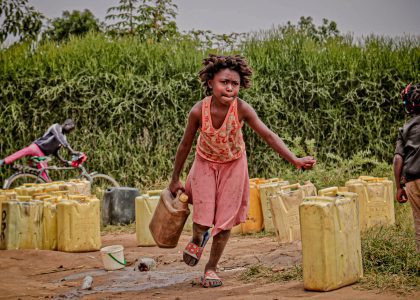
According to UNICEF nearly 1 of 10 children in the world are subjected to child labor with some forced into hazardous work through trafficking, the child employment rate in rural areas is 34% while in urban areas it is 11% In Kampala, Uganda’s capital city.
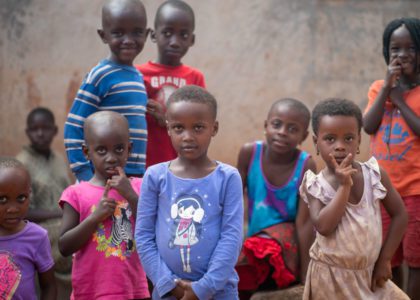
According to findings from the Uganda Violence against Children Survey conducted by Ministry of Gender, Labor and Social Development in 2018, children between 13-17 years, 93.7 % of girls and 89.3 percent of boys who experience physical violence do not seek services due to individual barriers.